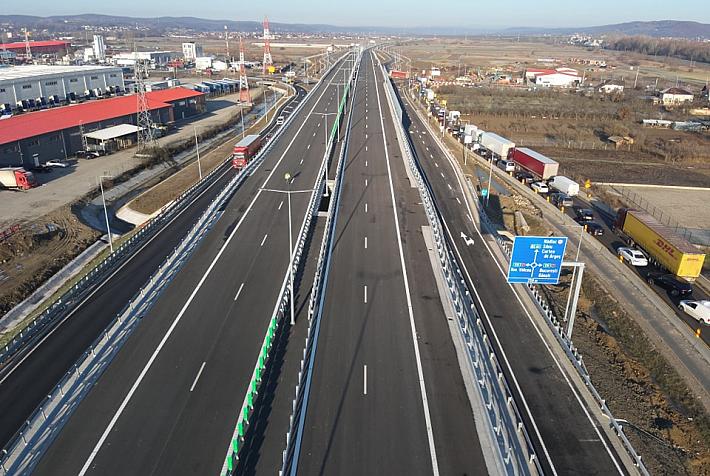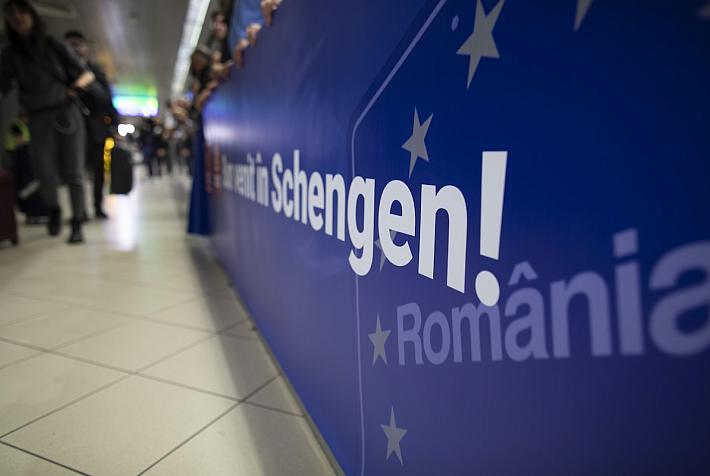Foreign investors criticize solidarity tax proposed "overnight and with no impact study"

The US Chamber of Commerce in Romania (AmCham) urges the Romanian Government to abandon its intention of introducing a so-called "solidarity tax" on large companies and focus instead on policies that encourage investments.
It's not the tax itself, but rather the way it would be introduced - overnight and not as part of a broader strategy - AmCham argues.
"The business community does not question the need to fund critical systems or vulnerable groups from the state budget, but the way used to adopt overnight fiscal measures, contrary to the best practices [...]. Importing measures applied in other countries does not guarantee their applicability and adequacy for the Romanian economy," AmCham's statement reads, Ziarul Financiar reported.
Other associations of foreign investors argued along the same line.
The senior ruling Social Democratic Party (PSD) advocates for a 1% turnover tax levied to large companies, mostly foreign-owned or subsidiaries of multinational groups. In theory, it may reflect a partly justified frustration prompted by the smaller fiscal pressure faced by the large-sized companies (that use tax havens for fiscal optimization) compared to the medium and small-sized enterprises. But given the circumstances, it is a rather ad-hoc solution to finance a package of social measures agreed over by the ruling coalition under the pressure of the Social Democrats that have to justify their presence at rule.
If eventually enacted (which remains unlikely), the solidarity tax would seriously deteriorate foreign investors' confidence.
In contrast, the Global Tax Deal stirred by the OECD, envisaging a new global minimum tax rate of at least 15% that companies would have to pay regardless of where they locate their headquarters, can settle the transfer pricing problem faced by Romania. According to Ziarul Financiar estimates, it might triple the profit tax paid by the biggest 500 companies in the country to over EUR 2 bln. However, this is only a fraction of Romania's EUR 6 bln VAT tax gap.
The new Government, dominated by the Social Democrats (PSD), made clear from the very beginning that its new economic development paradigm prioritized no longer the foreign direct investments - but the local capital and the development of local companies, particularly in the manufacturing industries. Such an approach makes sense as a way of encouraging more value-added activities (typically concentrated by the foreign investors close to their headquarters abroad), but it doesn't justify hasty measures such as the 1% "solidarity tax", which is rather a substitute for an efficient strategy aimed at pursuing the otherwise reasonable new economic paradigm only stated so far by the Social Democrats.
iulian@romania-insider.com
(Photo source: Shutterstock)













